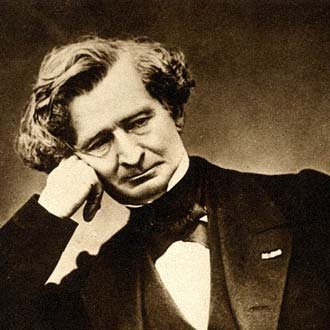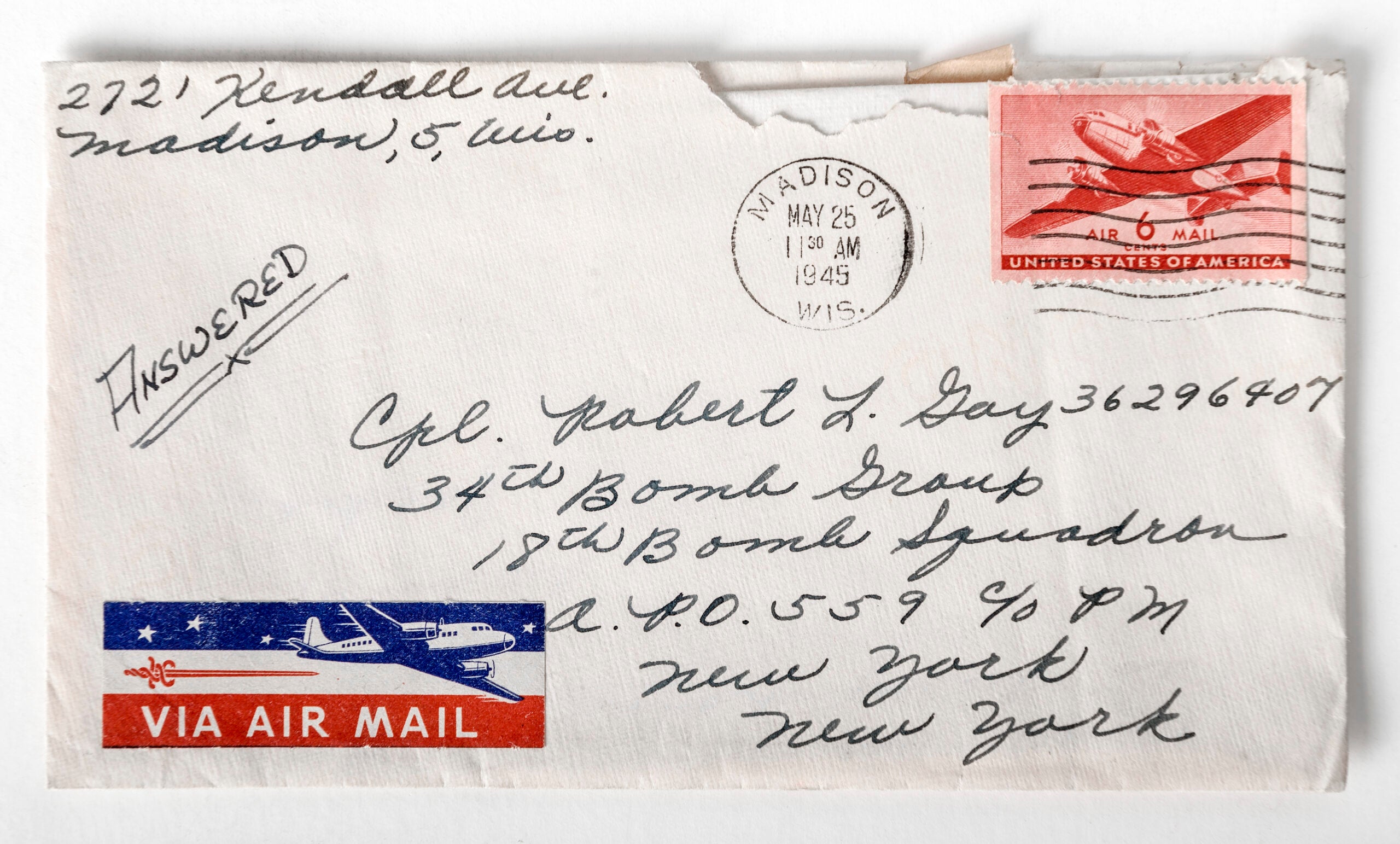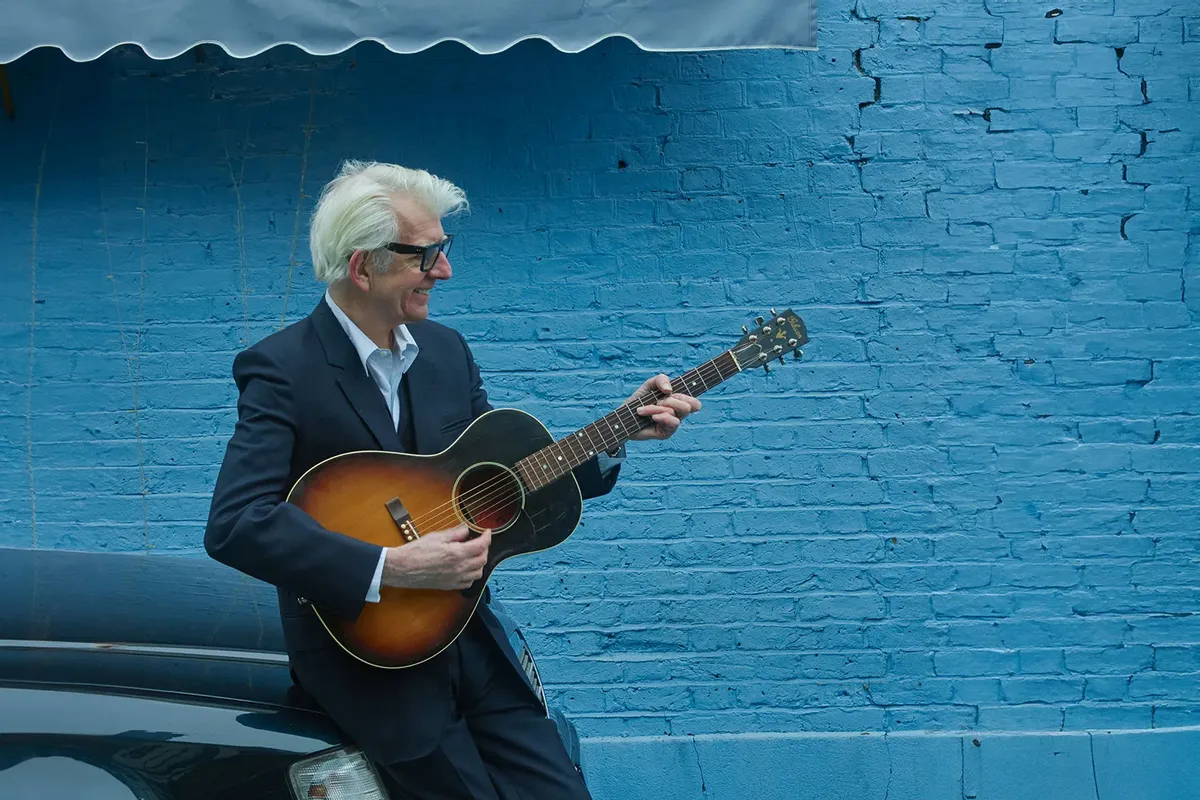How did Hector Berlioz cope with the pressures of life as a composer and conductor? With a lively sense of humor. It comes out in a letter he wrote from London to Theodore Ritter on July 3, 1855.
A ghastly rehearsal at Exeter Hall yesterday. Glover’s cantata in a piquant style, but difficult, and I was sweating enough to engorge the gutters in the Strand, and the finale of my Harold in Italy, a ferocious concerto by Henselt played by Mr. Klindworth in a free style, which kept me dancing on a slack rope for an hour, and Cooper, our first violin, who couldn’t take it any more, sang out, “Sempre tempo rubato!”
…Glover gave a soireé at which Meyerbeer was expected. The great man sent his regrets, pleading a terrible colic…then, finally, he shows up just as everyone had finished regretting his absence. Congratulations on the end of his colic. Moseying through the streets of London in the moonlight, I go to Ernst’s house to join my wife….
Stay informed on the latest news
Sign up for WPR’s email newsletter.
Wagner has gone, after the esteemed Mr. Hogarth had introduced him to Meyerbeer, asking the two celebrities whether they were acquainted. Wagner’s delighted to be leaving London, a new salvo of ranting against him from the critics after the latest concert in Hanover Square. It’s true that he conducts in a free style, like Klindworth playing the piano, but his ideas and conversation are enchanting. We went to drink punch with him after the concert. He reassured me as to his friendship, embraced me ferociously, saying he used to have all kinds of prejudices against me. He wept, he capered around, and no sooner had he left than the Musical World published the passage in his book in which he cuts me to pieces with wry wit.
Wisconsin Public Radio, © Copyright 2024, Board of Regents of the University of Wisconsin System and Wisconsin Educational Communications Board.






